
by Caleb Weinhardt | Jun 6, 2025
Alcohol is present at a lot of pride events. Whether you decide to drink or not, having some safety strategies in your toolkit for reducing risks is always useful (for yourself, your friends, or others).
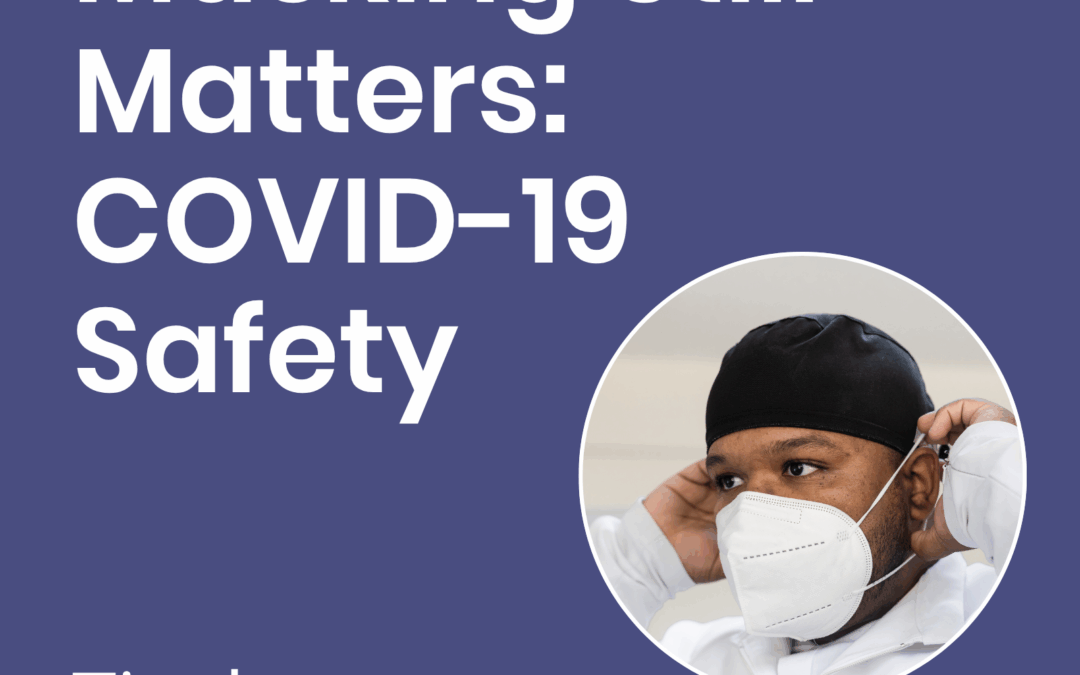
by Caleb Weinhardt | May 12, 2025
In 2025, it can feel like we’re living in a “post-COVID” world. But COVID-19 is still here, continuing to cause infections (both mild and severe) and long-term health impacts. Trans and queer people in particular are at higher risk of experiencing long-term symptoms...
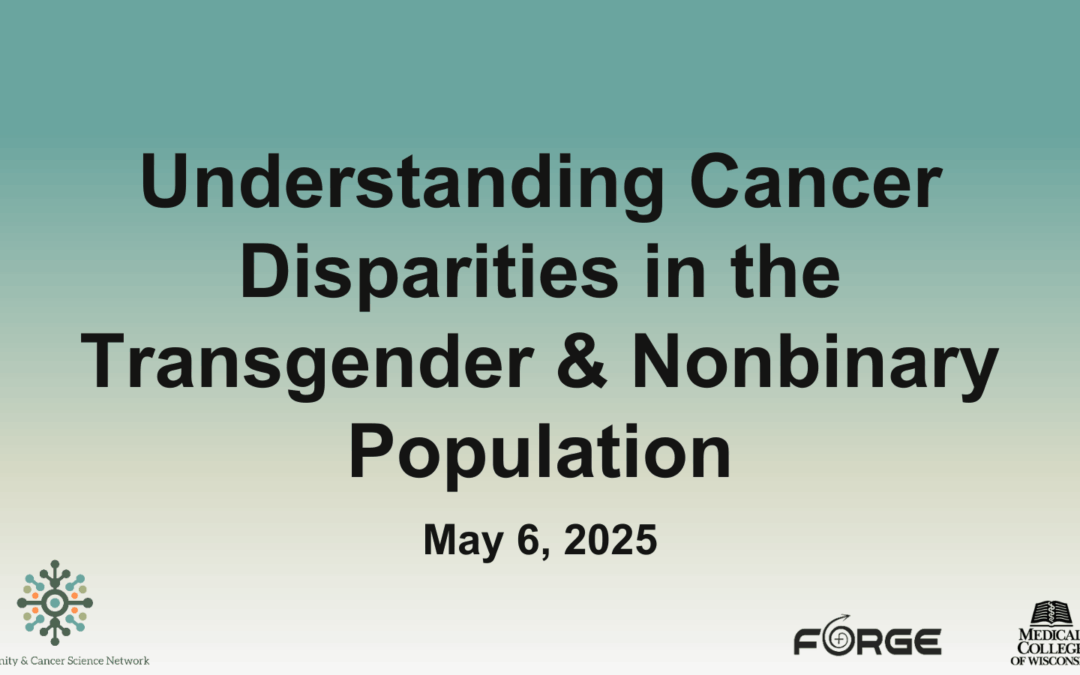
by Caleb Weinhardt | May 6, 2025
Join us to discuss a draft plan to address cancer disparities in transgender and nonbinary individuals. The plan was developed by a team of researchers, clinicians and community members and seeks feedback from diverse audiences. 0:00 Welcome and overview 3:13...
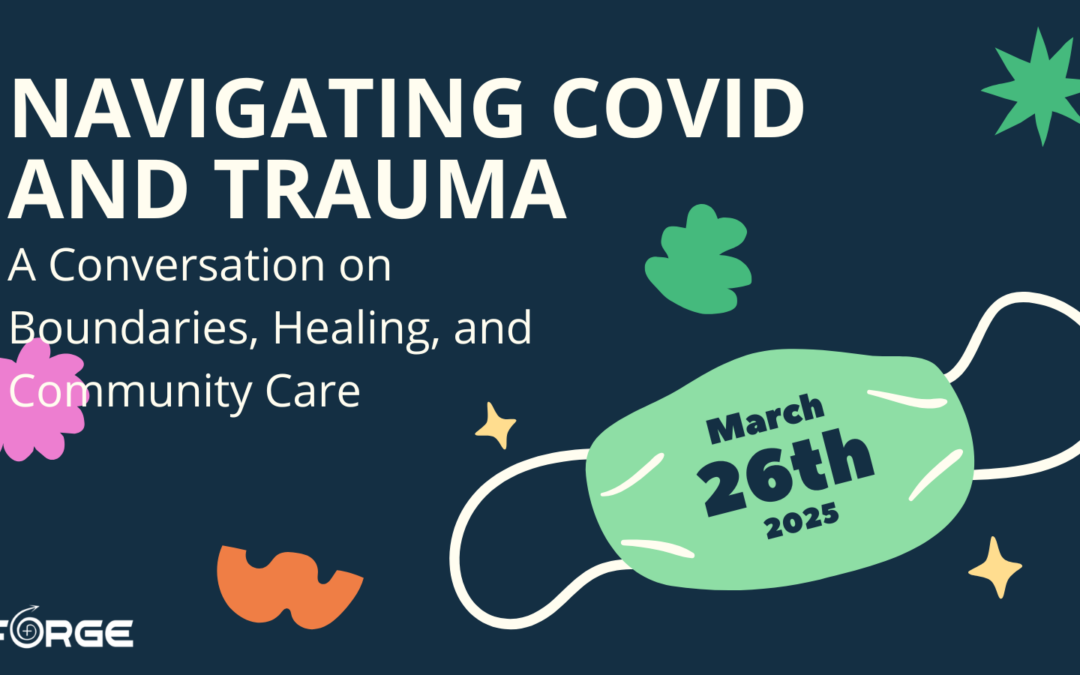
by Caleb Weinhardt | Mar 26, 2025
Ver en español Trans/nonbinary communities are disproportionately impacted by COVID and Long COVID. Many of us are navigating the effects of multiple forms of trauma, disability, and isolation, while trying to care for ourselves and others. In this event, FORGE staff...
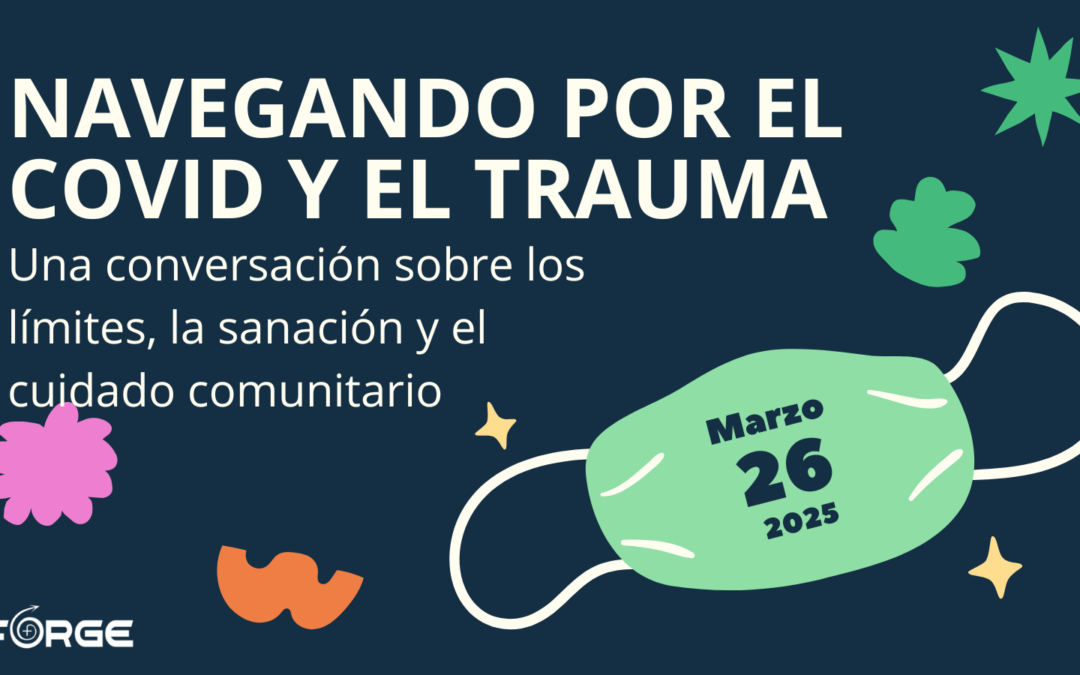
by Caleb Weinhardt | Mar 26, 2025
Watch in English Las comunidades trans/no binarias se ven afectadas de manera desproporcionada por COVID y COVID largo. Muchos de nosotros estamos navegando por los efectos de múltiples formas de trauma, discapacidad y aislamiento, mientras tratamos de cuidar de...

by Caleb Weinhardt | Feb 27, 2025
Watch in English Para las personas trans y no binarias, las políticas y la cultura anti-trans pueden afectar la autoestima, la depresión, la ansiedad y el acceso a la atención que afirma el género. Como resultado, el riesgo de trastornos alimenticios aumenta. En este...
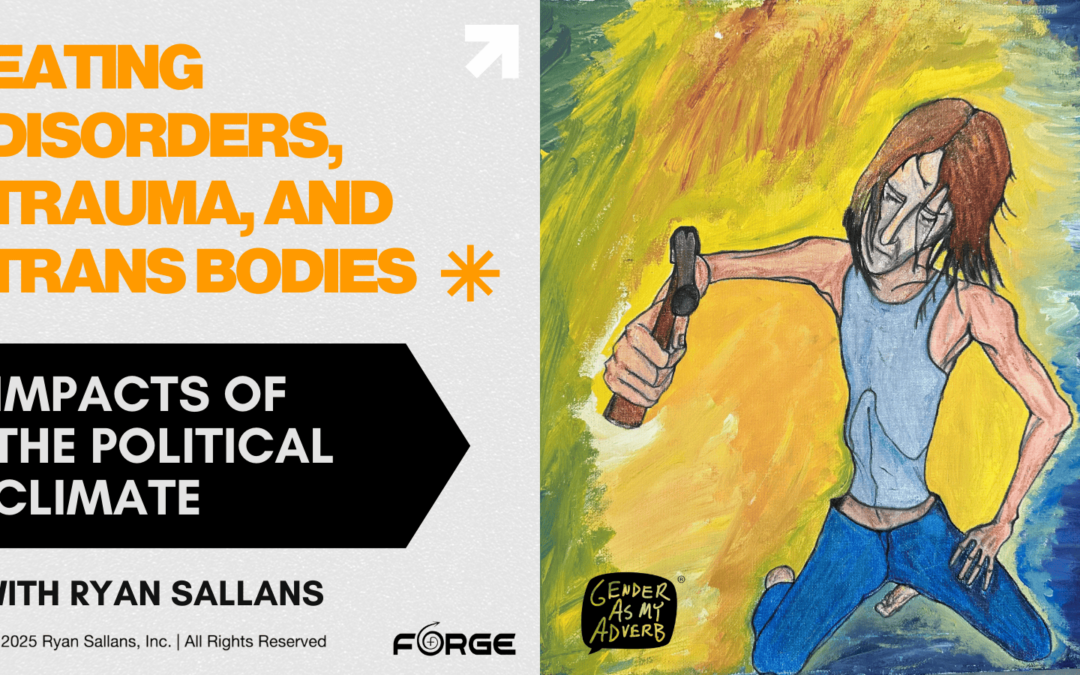
by Caleb Weinhardt | Feb 27, 2025
Ver en español For trans and nonbinary people, anti-trans policies and culture can impact self-esteem, depression, anxiety, and access to gender affirming care. As a result, the risk of eating disorders increases. In this clip, Ryan Sallans talks about the ways that...
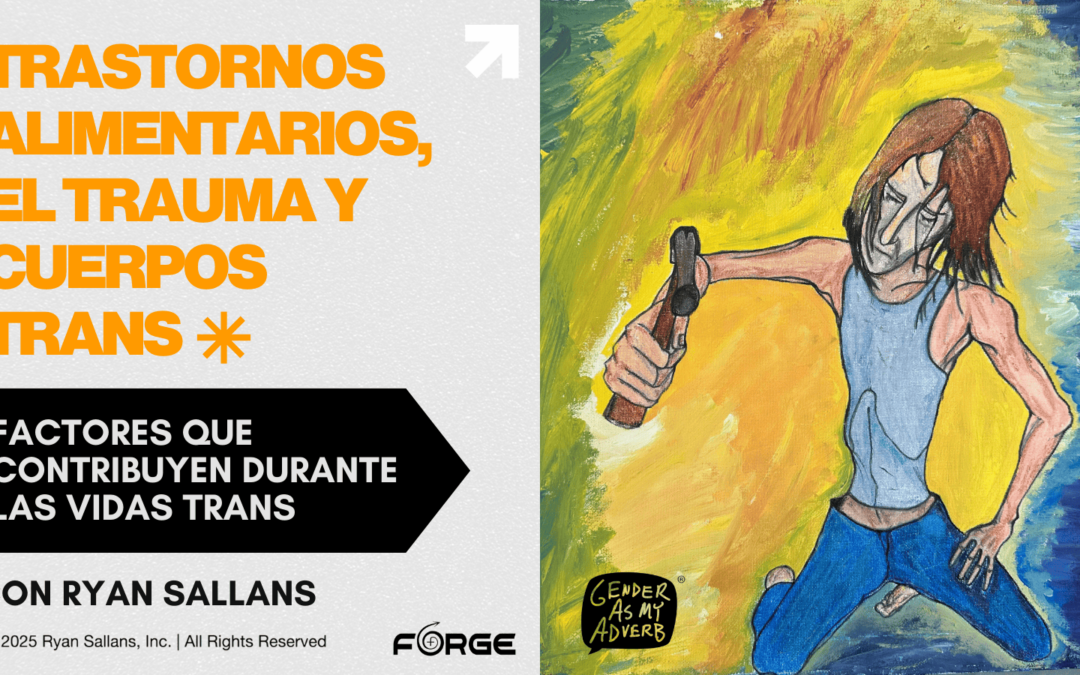
by Caleb Weinhardt | Feb 27, 2025
Watch in English ¿Qué factores influyen en las experiencias con trastornos alimentarios en las comunidades trans y no binarias? En este clip, Ryan Sallans cubre los impactos de la pubertad (y los bloqueadores de la pubertad), las transiciones de la vida, las redes...
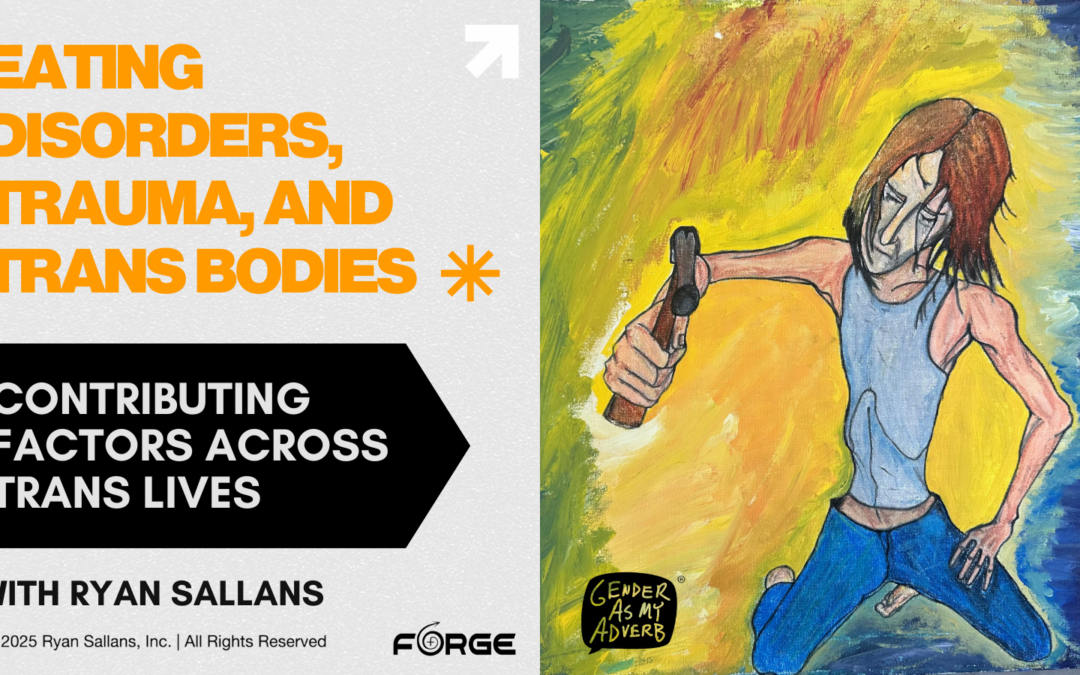
by Caleb Weinhardt | Feb 27, 2025
Ver en español What factors impact experiences with eating disorders in trans and nonbinary communities? In this clip, Ryan Sallans covers the impacts of puberty (and puberty blockers), life transitions, social media, and minority stress on eating disorder...
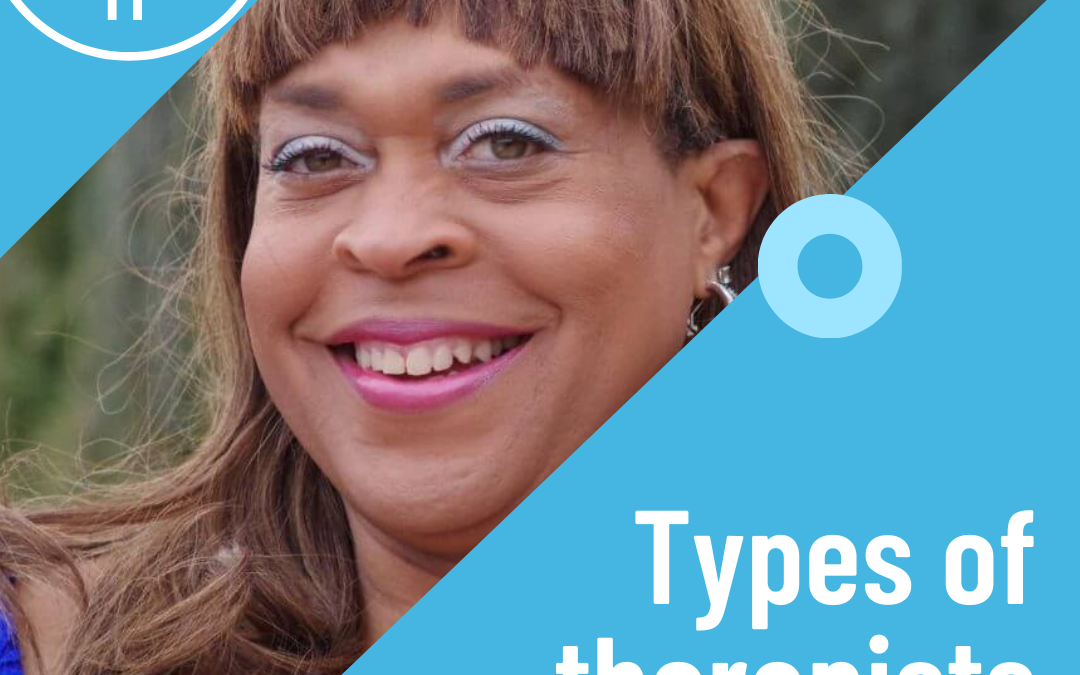
by Caleb Weinhardt | Apr 3, 2024
When looking for a therapist, it’s helpful to know what different titles mean. Mental health providers usually have one or abbreviations behind their name which can tell you about their training background and approach to therapy. However, it’s always a...












Recent Comments